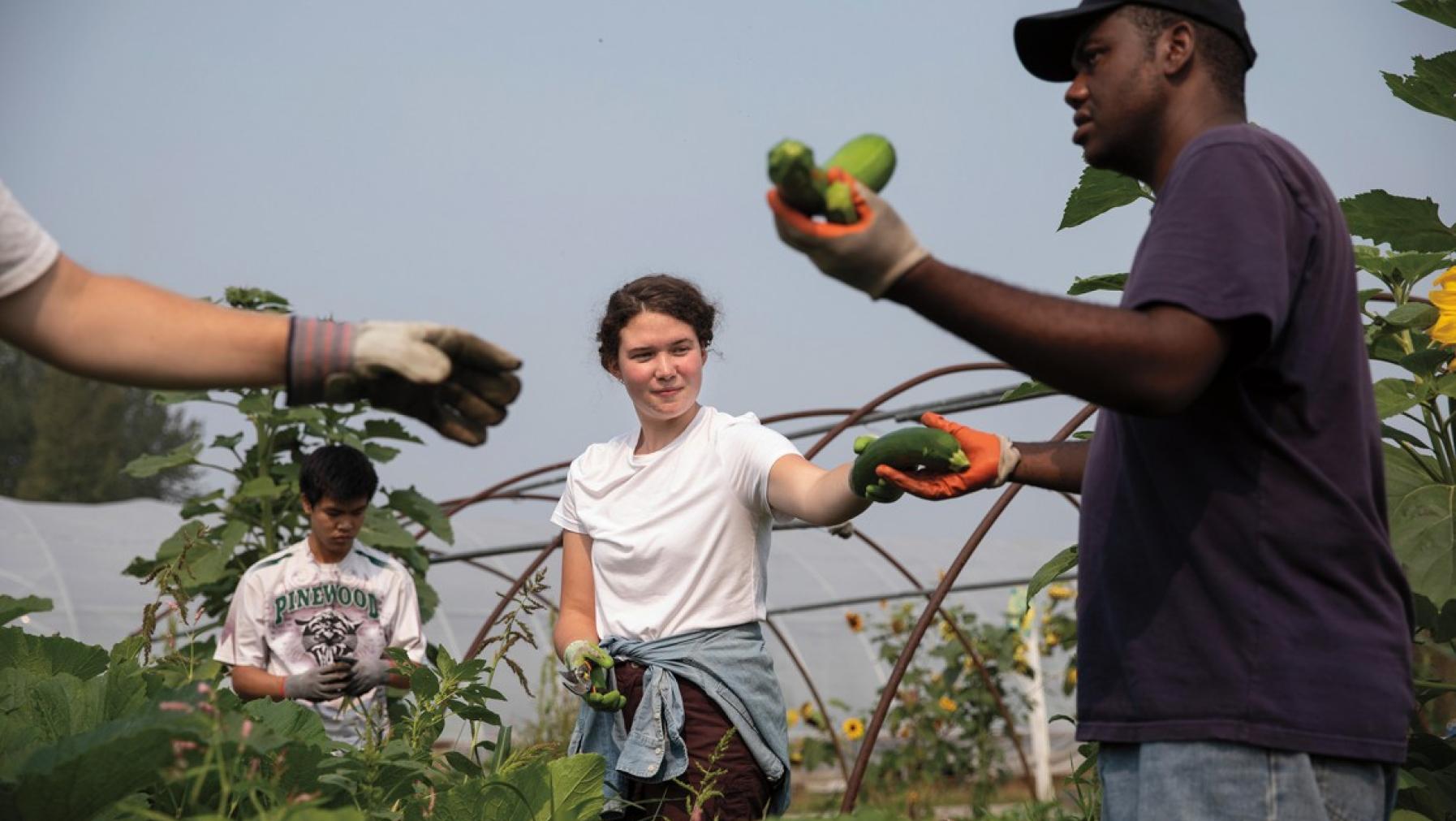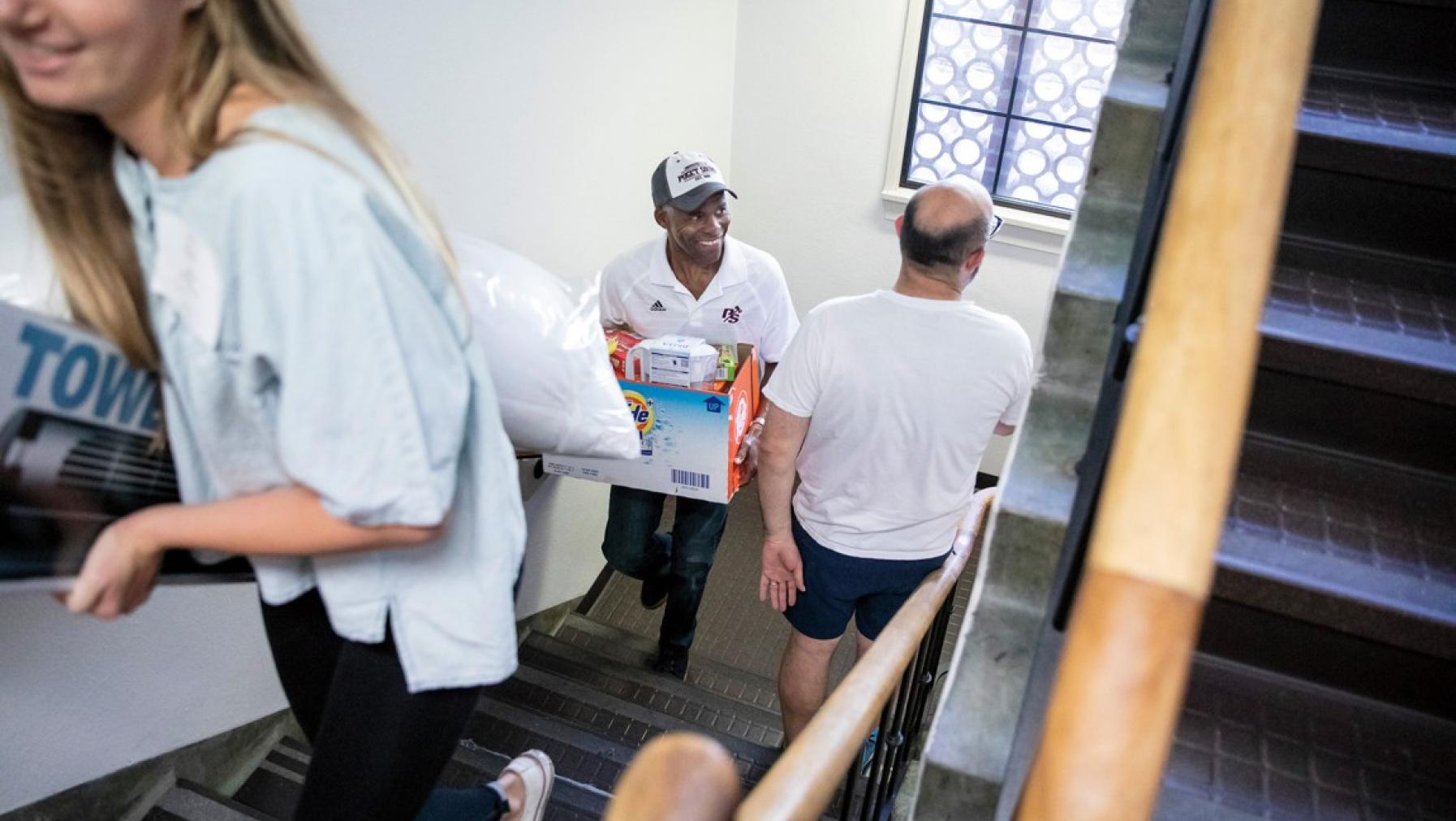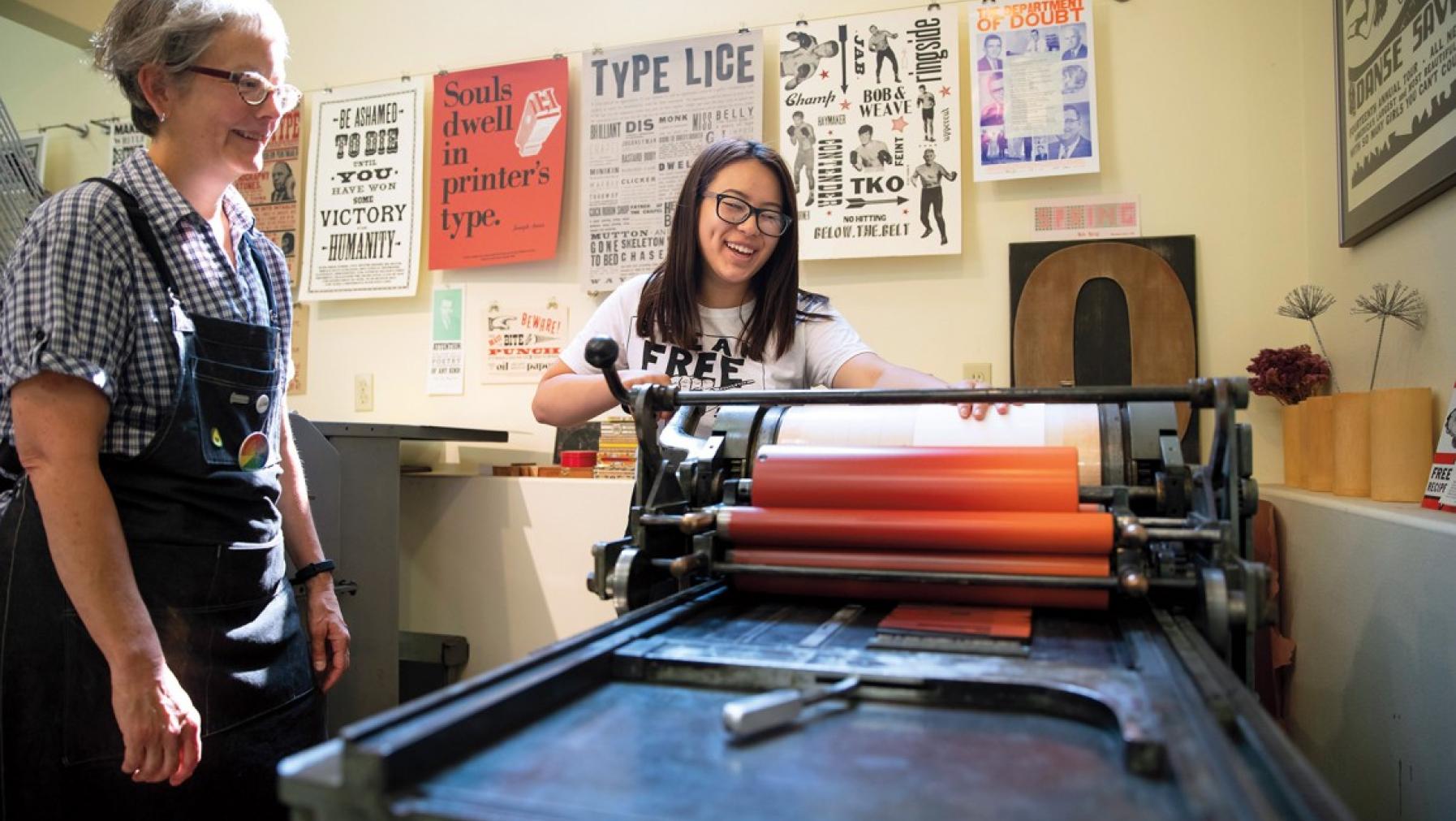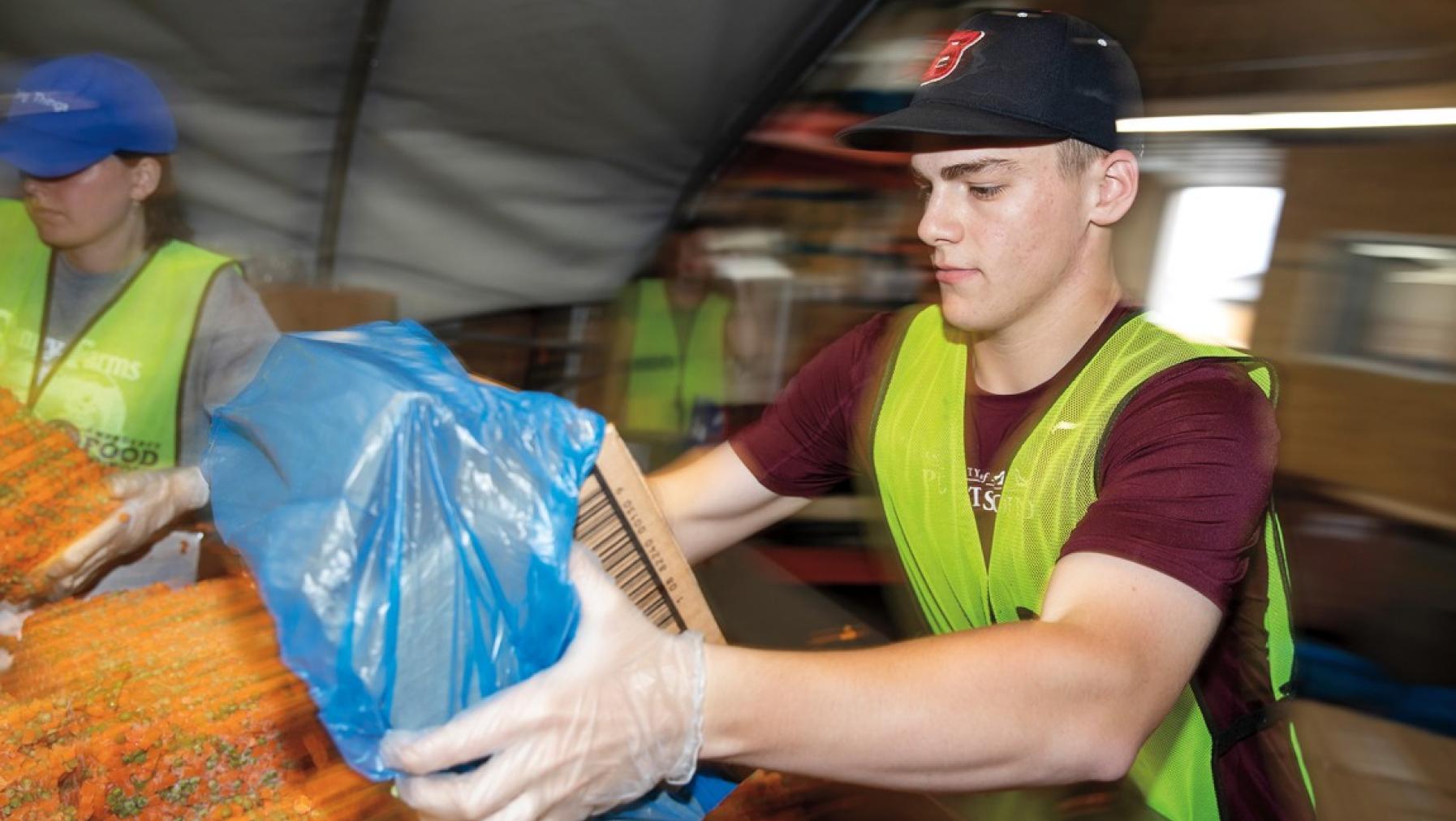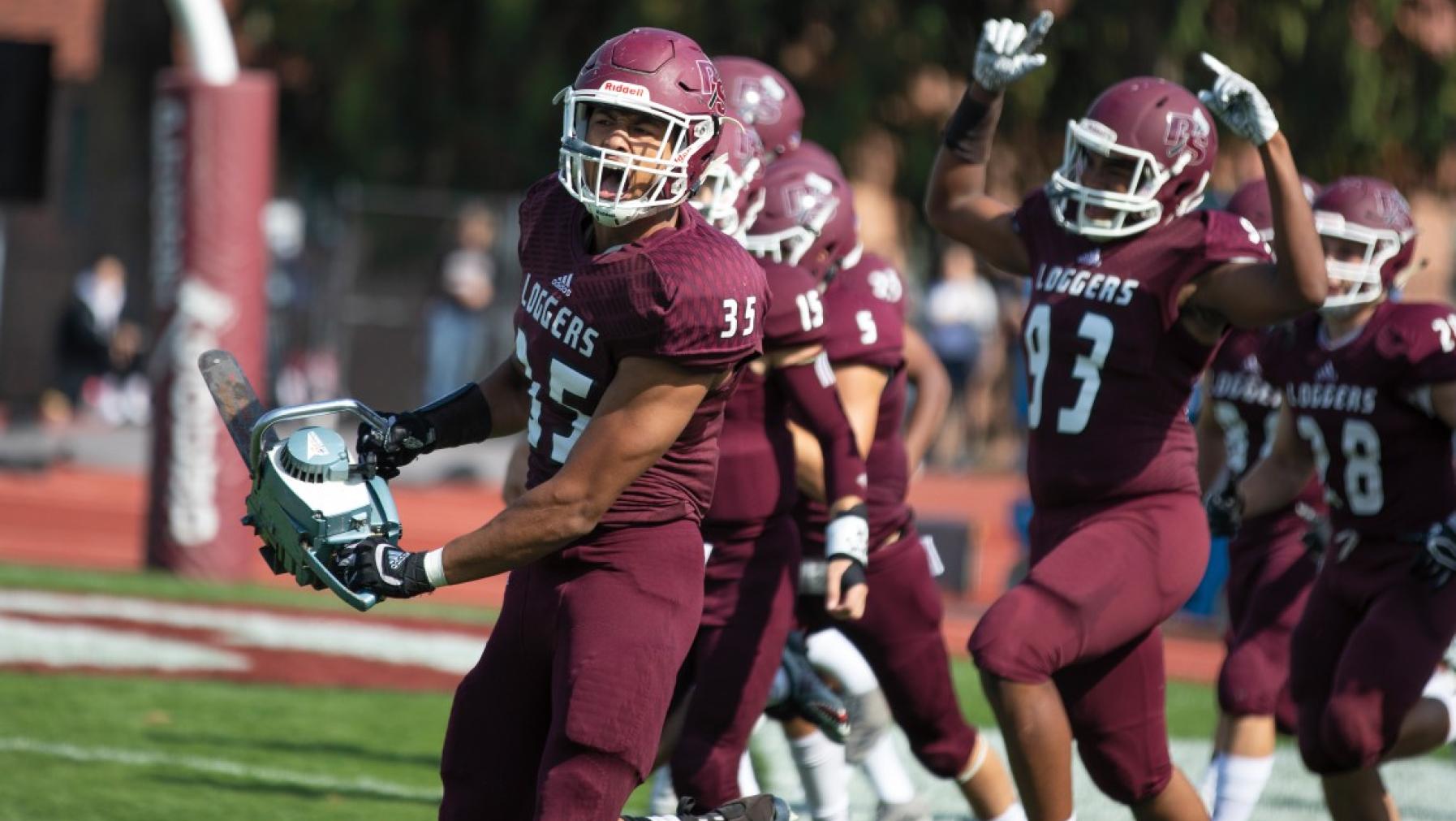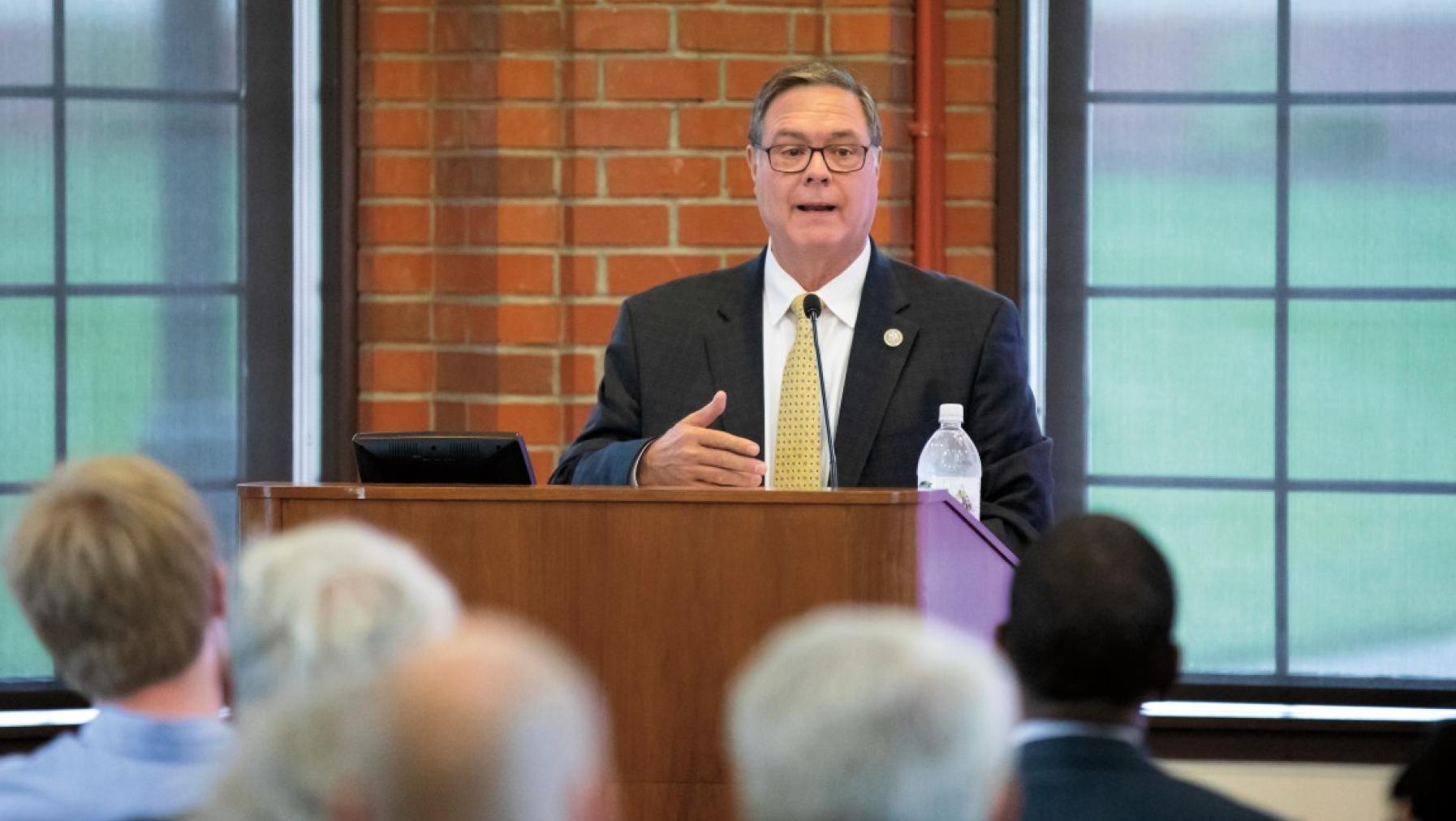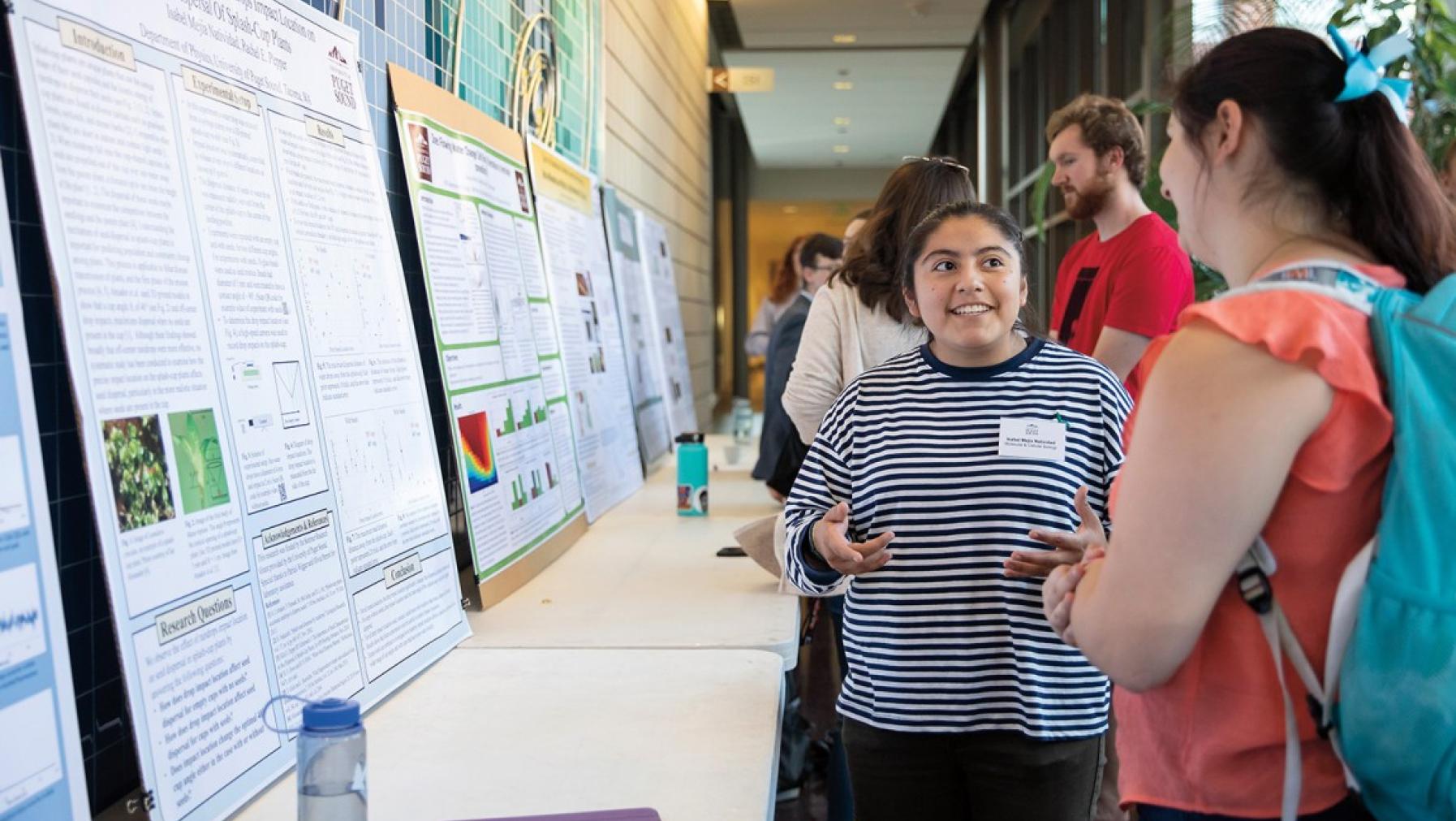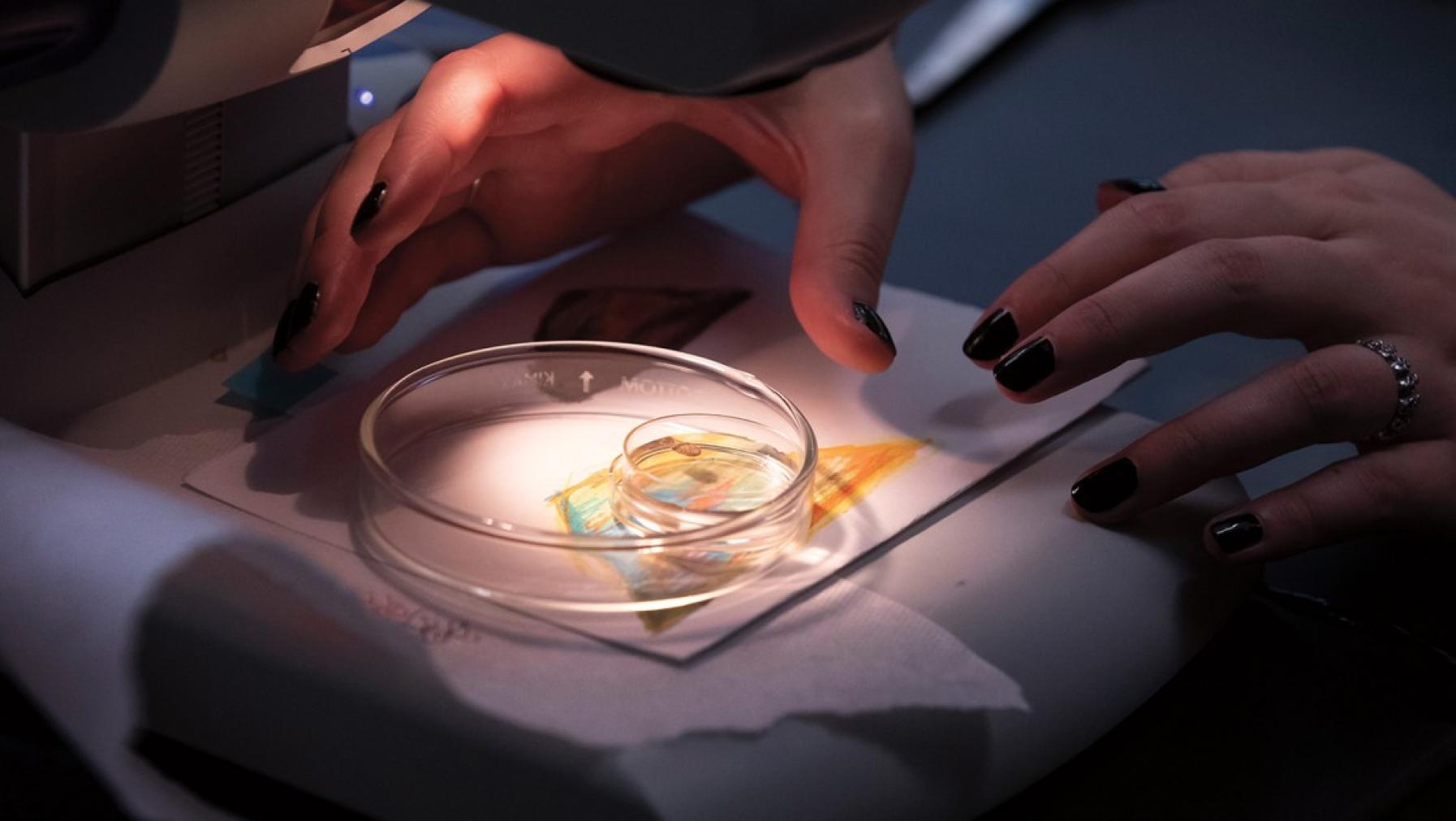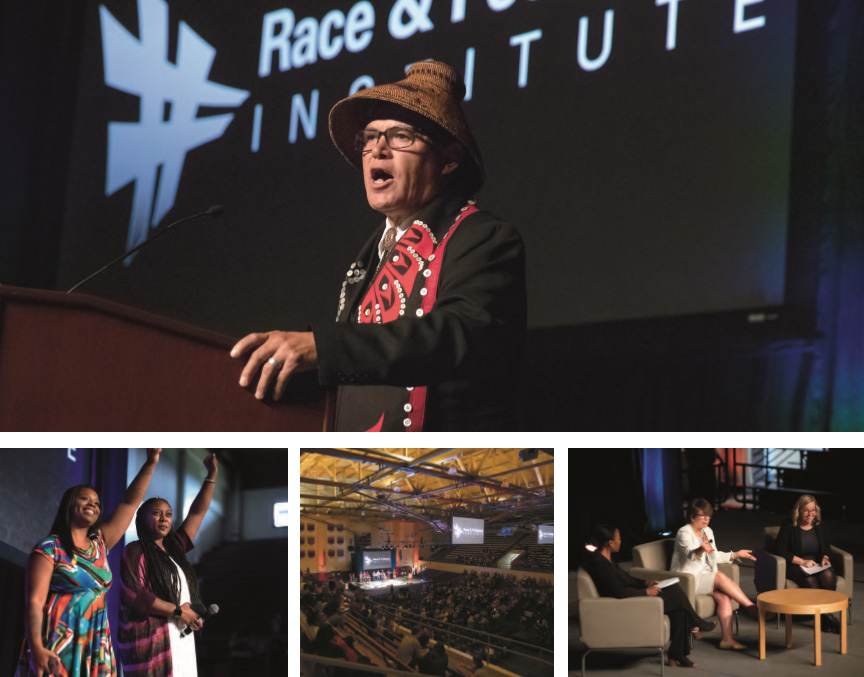
Your voice gives you power
Narratives are at the heart of humanity. The stories we tell from the movements that define generations. During the weekend of Sept. 27–29, more than 3,700 registered participants and 600 volunteers joined the 2018 Race & Pedagogy National Conference to share their stories and engage in meaningful conversations about race and education.
Produced every four years since 2006 by Puget Sound’s Race & Pedagogy Institute, the conference draws local, national, and international participants to campus. The fourth quadrennial conference, titled “Radically Re-imagining the Project of Justice: Narratives of Rupture, Resilience, and Liberation,” was packed with 120 presentations, 12 spotlight sessions, many artistic performances and five powerful keynote speakers who each addressed the crowd at Memorial Fieldhouse.
Brian Cladoosby, chairman of the Swinomish Indian Tribal Community, spoke of historical trauma passed down between generations and the need to stop whitewashing history. Jeff Chang, a journalist and vice president of Race Forward, addressed the “culture wars” of the current moment and talked of art and culture as the mechanisms for achieving empathy—which, he noted, is the first step to equity.
Patrisse Cullors and Alicia Garza, two founders of the Black Lives Matter movement, talked about their journeys as activists. “Hashtags don’t make movements,” Alicia said. “People do. My plea to you is that you join us for real, to contribute substantially to the vision of what it takes to make Black Lives Matter—so that all lives can actually matter.”
Valerie Jarrett, a former senior advisor to President Obama, fielded questions from the audience about the current state of democracy and underscored the need for informed, engaged citizens. “Your vote gives you voice, and your voice gives you power,” she said. “Get educated, and show up.”


